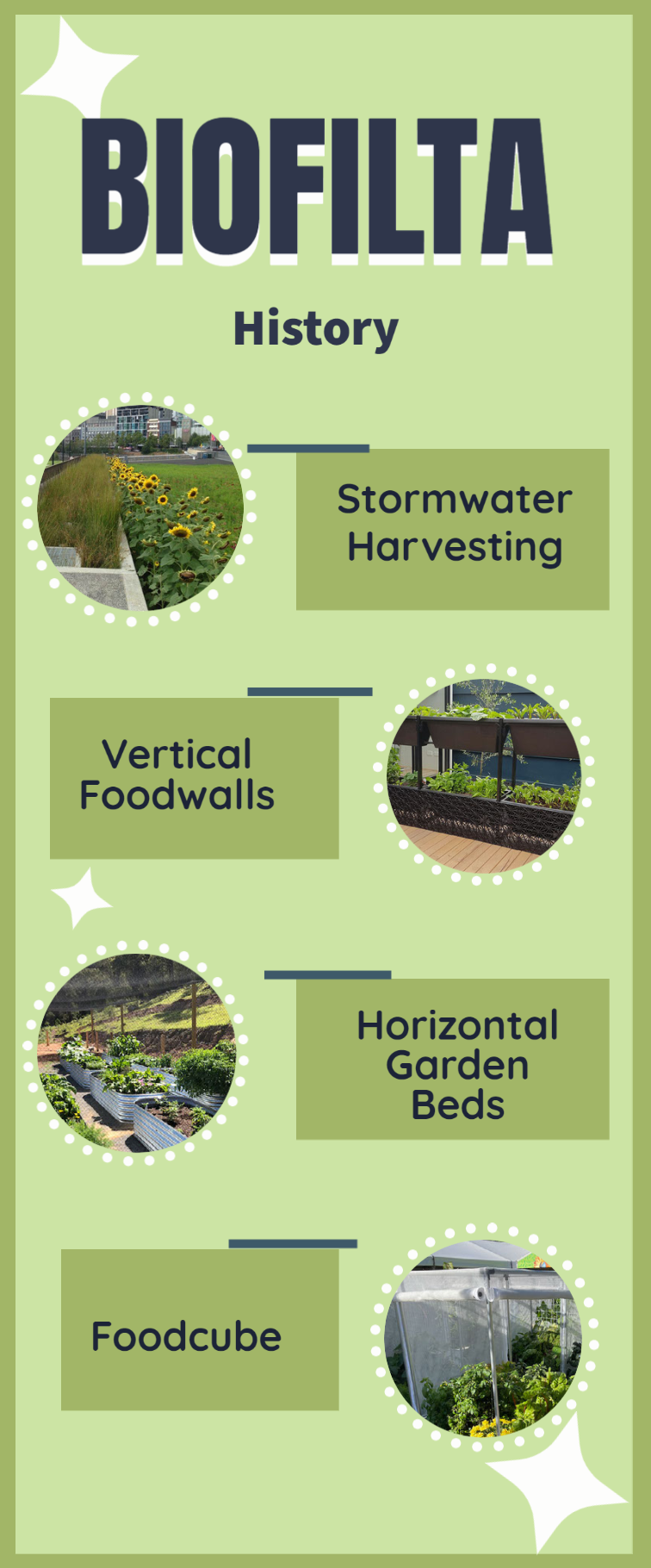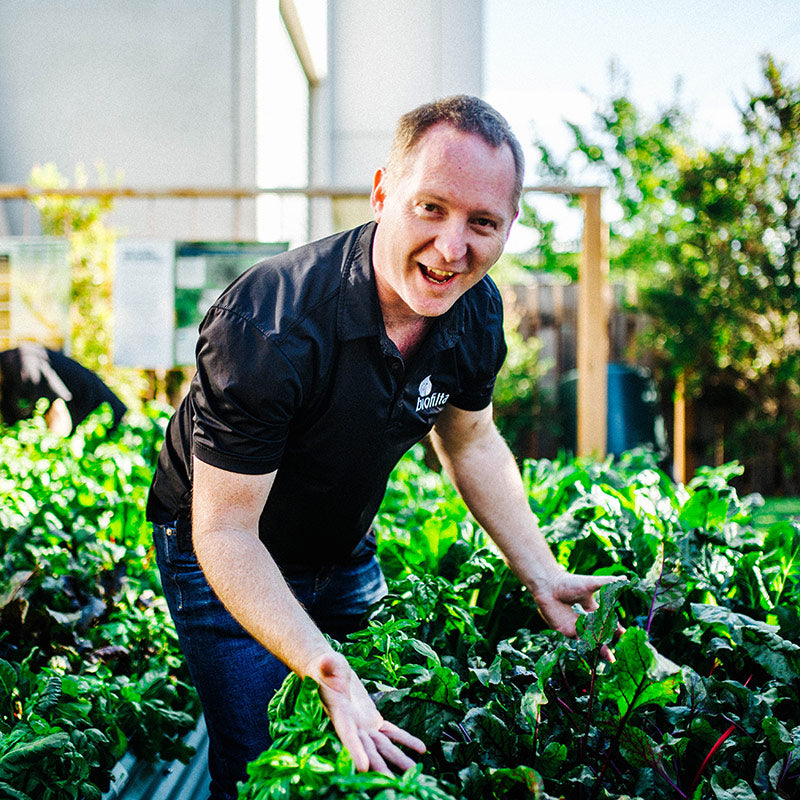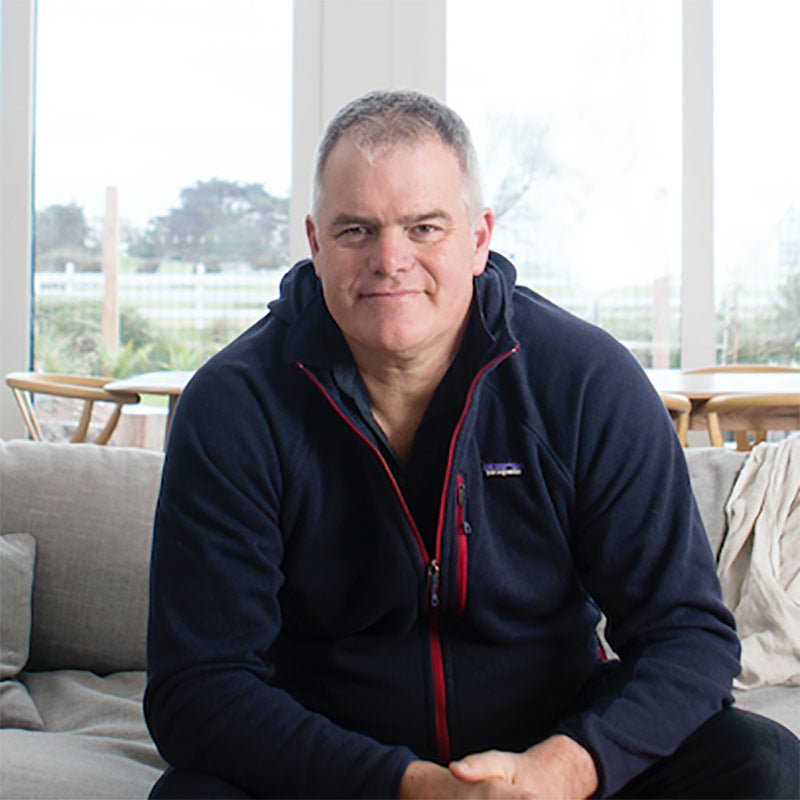About Us
Foodcube is a registered trademark of Biofilta Pty Ltd, an Australian company that designs and produces urban food growing systems to unlock the food growing potential of our cities and communities.
City areas have all the ingredients required to grow large amounts of fresh, healthy produce – abundant rainwater runoff and organic waste streams that can be composted and diverted into food production. Cities also have underutilised spaces that can be used for urban farming.
Our Foodcube product range of modular, water efficient, low tech, soil based urban farming systems can be installed quickly and be producing food within days to turn underutilised areas into productive urban farms at the household or community scale.
The Foodcube is made in Victoria, Australia from recycled, food grade plastic that was destined to go to landfill and instead is utilised as a resource to help grow food.
Our staff team are passionate about helping to improve food security, nutrition, urban biodiversity, urban cooling, water efficiency, circular economy, social connection, resilience, and liveability in our cities.

Our History
Our sustainability journey began as Biofilta, a stormwater solutions company combining the horticultural and engineering skills of directors Brendan Condon and Marc Noyce in designing compact stormwater harvesting and treatment systems that reduced the footprint taken to capture, treat and harvest stormwater in spatially constrained inner city environments, to create fit for purpose filtered stormwater to droughtproof our city parks and gardens.
The innovative Biofilta system can be seen in the iconic Fitzroy Gardens, Darling Street and Birrarung Marr gardens in Melbourne, and form a key part of Melbourne’s Water Sensitive Cities tours today. Many other Biofilta stormwater systems were designed and constructed Australia wide over a 10 year period to 2020 and can be seen on our Projects Page. Our team continue to consult in advanced stormwater solutions through Noyce Environmental and specialist plant management through Australian Ecosystems.
Emerging trends in urban development and shrinking backyards, and looming food security challenges linked to climate change prompted Biofilta to change our marketing name to Foodcube and develop solutions for food production in cities and communities. The median lot size in Melbourne is now below 400m2 resulting in significantly less land available for gardening and food production. Research has shown that by 2050, Melbourne will be importing more than 80% of it’s fresh food from outside the traditional food bowl of 100km from the CBD for the first time in history.
Foodcube and it’s associated accessory range continue to be expanded to meet the changing needs of the urban farmer.
The Team
-

Marc Noyce
Contact Noyce EnviroMarc is a Director of Biofilta and Noyce Environmental Consulting, and has worked in the water industry for the past 23 years at both the local and State level gaining extensive government policy, project management and on-ground delivery experience from designing some of Melbourne’s largest urban wetland systems with professional Engineering company Cardno, project management with Melbourne Water and stormwater water policy and natural resource management at the Department of Sustainability and Environment.
Within Biofilta, Marc is passionate about bringing high quality products to market that are climate adaptive, water efficient and making growing food easy for everyone.
Marc continues his professional interest in water modelling, water sensitive urban design, flood modelling and consultation within Noyce Environmental Pty Ltd and draws upon his rich history of design involvement with many of Melbourne’s leading stormwater management projects. -

Brendan Condon
Brendan is a Director of Biofilta, The Sustainable Landscape Company and Australian Ecosystems. He has a long history in sustainability and environmental circles, running companies and not for profits that are tackling climate change, urban farming, carbon neutral housing and communities, and restoration of habitat.
His companies are able to design and construct urban farms and community gardens, having designed projects like Melbourne Skyfarm and the community farm at the Cape sustainable estate at Cape Paterson on Victoria’s Bass Coast.


